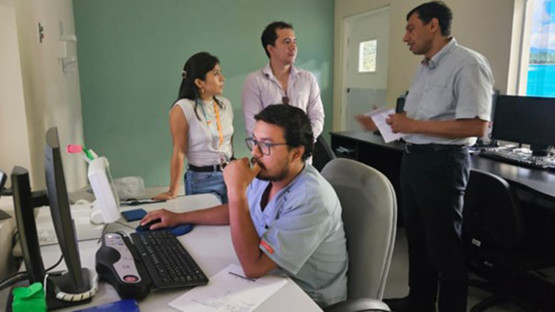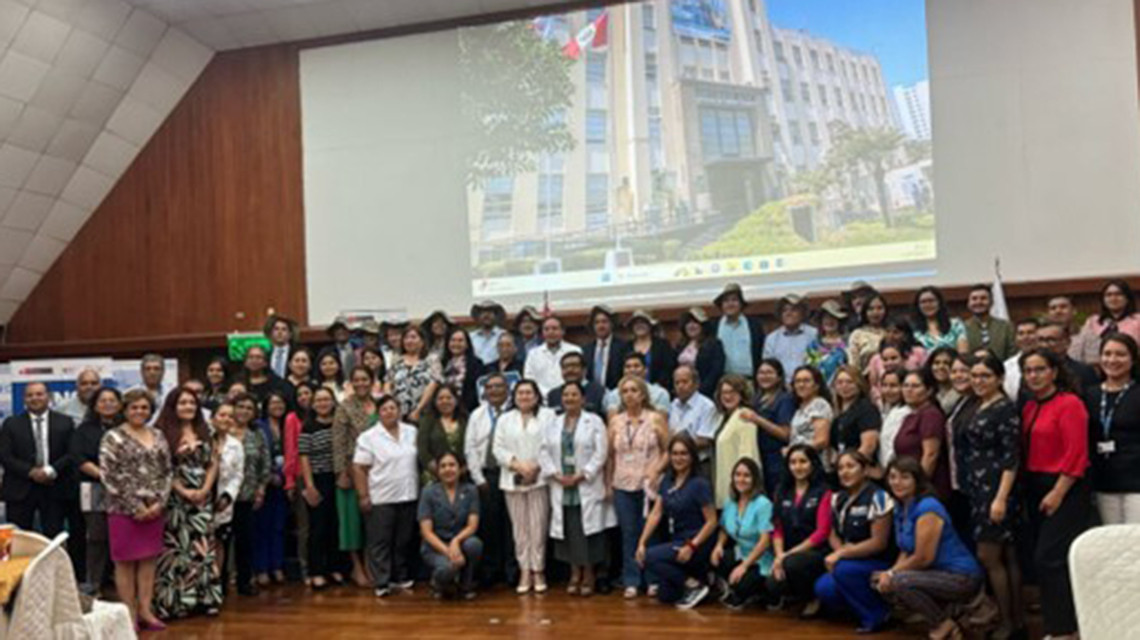Peru is advancing towards its goal of delivering universal health care to all cancer patients; decentralization of nuclear medicine and radiotherapy cancer services outside of the capital city is now well underway; and its second National Cancer Control Plan is nearing completion, a team of national and international cancer experts from the IAEA, the World Health Organization (WHO) and the International Agency for Research on Cancer (IARC) has found.
The team were on the ground in Peru in April to conduct a thorough review of cancer control capacity and needs as part of an imPACT Review mission.
During the mission, experts noted that further reinforcements, particularly in the areas of nuclear medicine and radiotherapy, would bring further improvements, but said resources were limited. Subsequently, IAEA Director General Rafael Mariano Grossi paid an official visit to Peru in June 2. He visited the National Cancer Institute (Instituto Nacional de Enfermedades Neoplásicas - INEN) and confirmed the IAEA’s commitment to supporting Peru in its efforts to control cancer under the IAEA’s flagship Rays of Hope initiative, aimed at widening access to cancer care where the need is greatest.
“Through Rays of Hope, the IAEA will support Peru’s efforts to enhance cancer treatment capabilities by providing additional equipment to strengthen radiotherapy services,” he announced during the visit.
Support is needed in a country which the IARC’s Global Cancer Observatory (Globocan) estimates to have the fourth largest incidence of cancer in the region. In 2022, the number of recorded new cancer cases were estimated to be just above 70 000, primarily affecting the prostate, stomach and colorectum. With these numbers expected to rise by more than 30 per cent by 2035, the Ministry of Health requested a second imPACT Review to support its cancer control efforts, a decade after the first.
“It was an honour to note the progress taken by the Peruvian health authorities since our organizations last conducted an imPACT Review in the country,” said Lisa Stevens, Director of the IAEA’s Programme of Action for Cancer Therapy (PACT), while in Lima with the imPACT review team. “Positive steps were observed at all levels of the cancer control continuum, including for planning, screening, training, registration and management,” she added.










